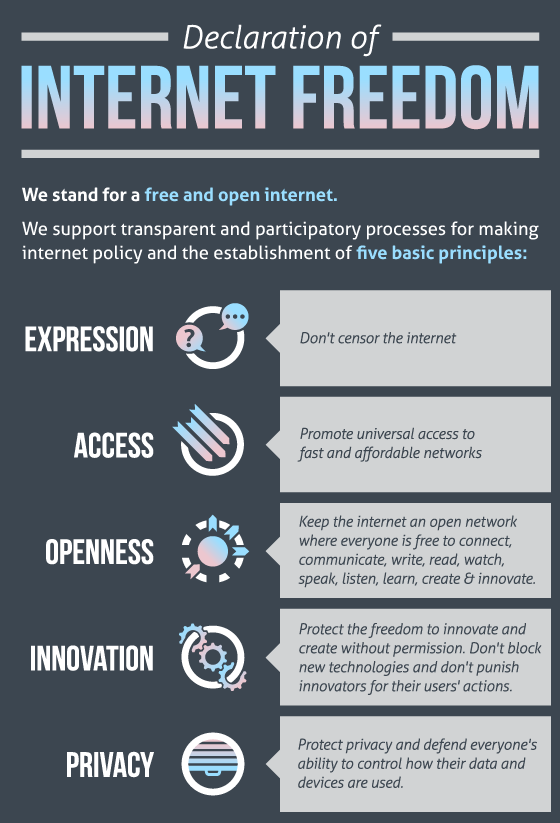If you want to try something that distracts you from the thoroughly aggravating cesspit of politics, consider some philosophy instead: In this case variations and thoughts on the 'simulation argument' (also known as 'simulism'). One reason I'm glad that I gradually turned my interests away from philosophy and more towards politics is the simple reason that philosophy regularly scares me silly at the existential level....
....The simulation argument is deceptively simple. It is the position that we are highly likely to be part of a computer simulation. As in right now.
Sounds ridiculous right? You've seen the Matrix, you have all the answers, you know the score....Or do you? The simulation argument, and in this post I'll be considering a particular variant of it, which I will call 'The Matrioshka', is much more sophisticated than the simple enslavement of humans by machines. In fact I'm of the opinion, that in terms of existential angst, the 'Matrix' scenario is actually preferable to 'The Matrioshka'.
It's 'The Matrioshka' (Russian Doll) because it has n+1 levels of simulation. That is to say that, whilst you and I may be part of a simulation right now, it is entirely possible that our "creators" are themselves part of a larger simulation. Conversely, any simulations and artificial lifeforms we create now (and we are doing this in earnest now, whatever you may think of "A-Life", consisting of electrons organised into patterns - or data), would be the next 'dimension' of simulation if you like. Considering any artificial "life" that we create, doesn't bring the concept home though - games like 'The Sims' seem like laughable simulations of life. To understand this properly, we need to go into the opposite direction:
Philosophy professor, Nick Bostrum, is one of the main intellects behind the 'Simulation argument'. He considers in one of his papers the theoretical computing power that humans will be able to develop in the future, given currently known energy and physical limitations.
Humanity close to passing the Hofstadter-Turing test?
http://www.technologyreview.com/blog/arxiv/23444/
Consider the big-bang
Consider the Christian idea that on judgement day, everyone will be resurrected.
Consider that even the 'basement level' civilisation would not know for sure if it was the basement level civilisation, and so would have to organise it's ethical behaviour accordingly, considering that some 'parent' civilisation may be simulating them.
What happens to the simulation argument if the universe is infinite?
The War for Greater Israel
9 hours ago








No comments:
Post a Comment